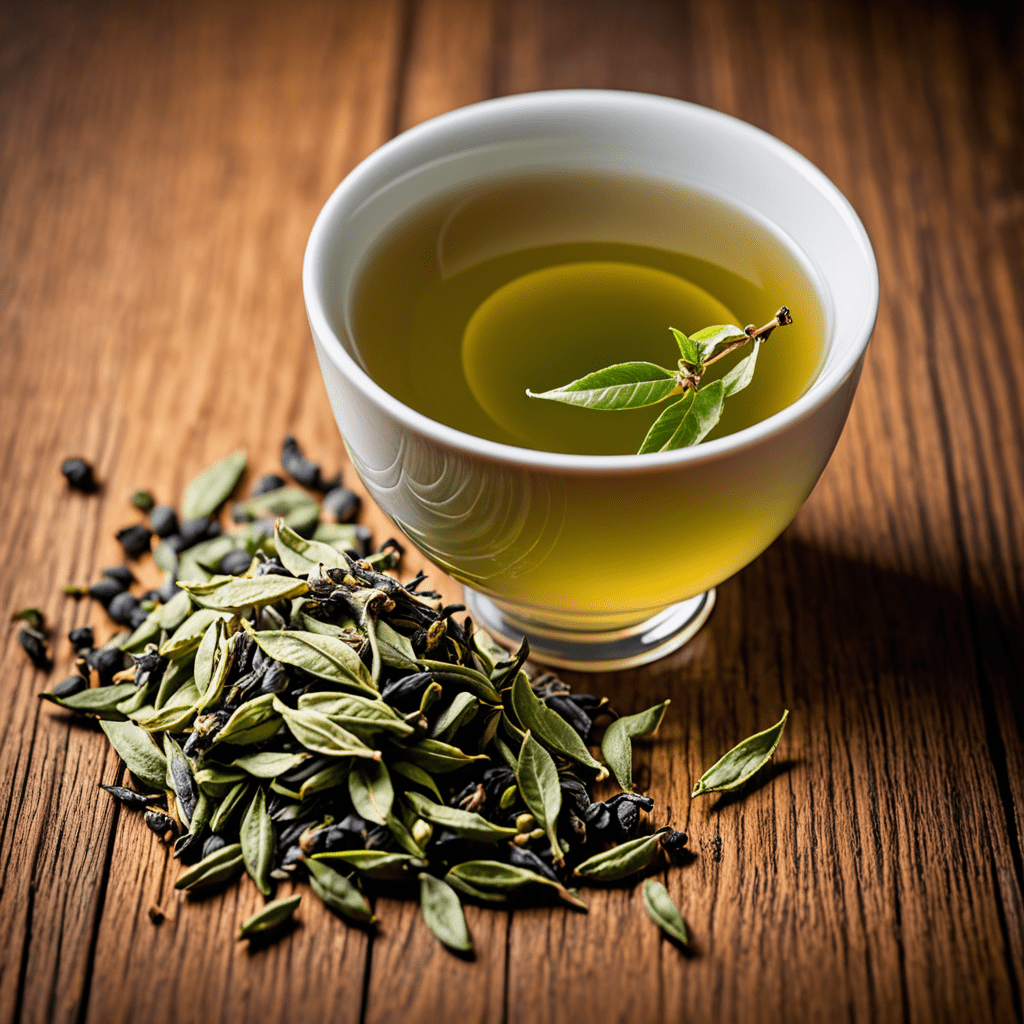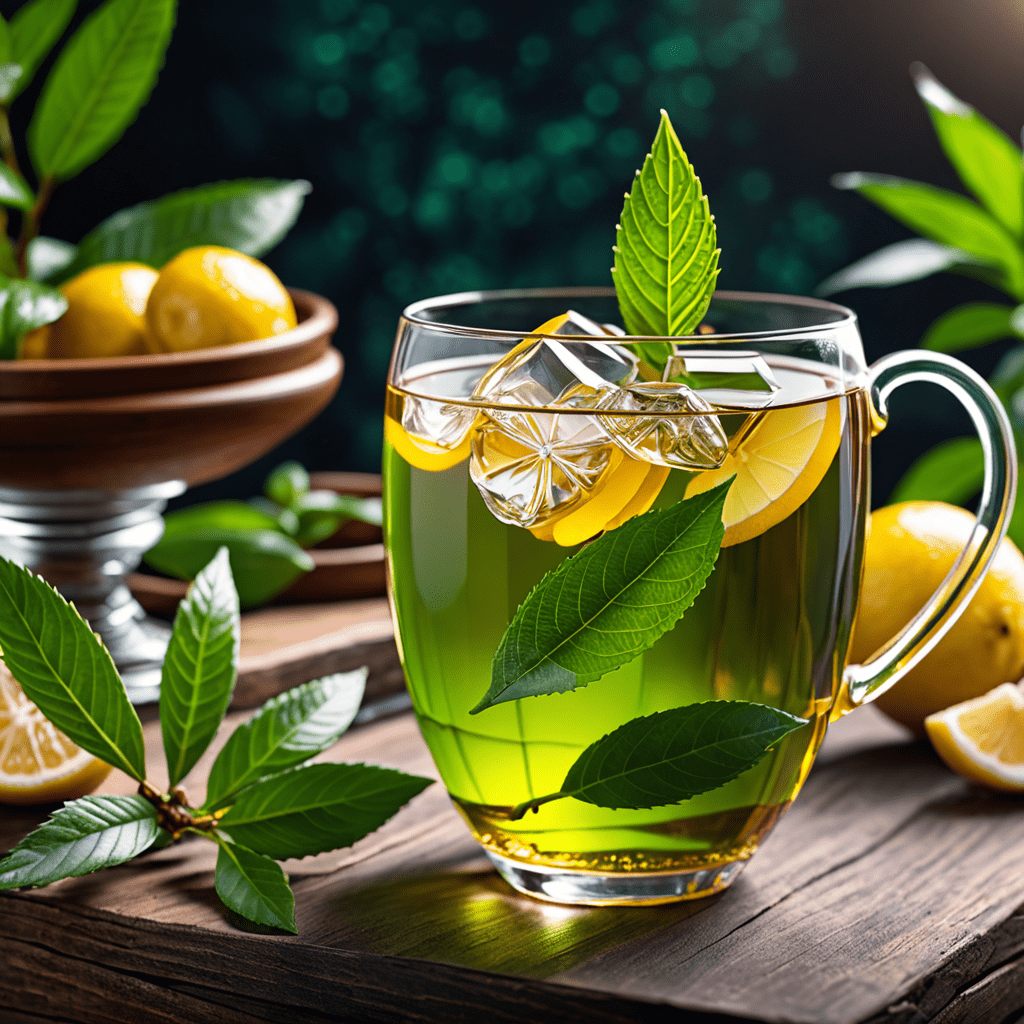Chai Tea: Aromatic Spices for Health and Wellness
Chai tea, a beloved beverage with a rich history, is renowned for its tantalizing aroma and its potential health benefits. Originating in India, chai tea is a blend of black tea and a medley of aromatic spices, each contributing unique flavors and properties.
Historical Origins and Cultural Significance
Chai tea traces its roots back to the 1800s in India, where it was initially consumed by the British colonists. Over time, it became intertwined with Indian culture and is now an integral part of daily life and social gatherings. Chai is often served with milk and sugar, offering a comforting and flavorful experience.
Key Ingredients and Their Health Benefits
The essence of chai tea lies in its carefully selected spices, each boasting distinct health benefits:
- Cinnamon: Rich in antioxidants, cinnamon contributes to blood sugar regulation and may reduce inflammation.
- Cardamom: Known for its digestive properties, cardamom aids in alleviating gas and bloating. Its anti-inflammatory nature may also support oral health.
- Ginger: With its potent anti-nausea and antioxidant effects, ginger provides relief from digestive discomfort and may boost immunity.
- Clove: A natural antiseptic, clove has antibacterial and antiviral properties. It is also rich in antioxidants and may promote oral health.
- Black Pepper: The presence of piperine in black pepper enhances nutrient absorption and has anti-inflammatory effects.
6. Cardiovascular Health
Chai tea may contribute to cardiovascular health by lowering cholesterol levels and reducing inflammation. Cinnamon, one of the key ingredients, contains compounds that inhibit LDL ("bad") cholesterol oxidation, a major risk factor for heart disease. The anti-inflammatory properties of chai spices, particularly ginger and clove, may also protect the heart by reducing oxidative stress and improving blood flow.
7. Mental Well-being and Stress Relief
Chai tea is often associated with feelings of relaxation and stress reduction. Cardamom, a calming spice, may help reduce anxiety and improve mood. In traditional Ayurvedic medicine, chai tea is used as a natural sleep aid due to its soothing properties.
8. Immune System Booster
The blend of spices in chai tea creates a powerful antioxidant and antimicrobial concoction. Ginger and clove possess antibacterial and antiviral properties, while cardamom supports immune function by stimulating the production of white blood cells. Regular consumption of chai tea may enhance the body's ability to fight off infections.
9. Weight Management and Metabolism
While not a magic weight-loss potion, chai tea may support weight management efforts. The catechins in black tea, combined with the thermogenic effect of ginger, may slightly increase metabolism and promote satiety. Additionally, cinnamon's ability to regulate blood sugar levels may reduce cravings.
10. Brewing Techniques and Variations
Brewing chai tea is an art, with numerous methods and personal preferences. Traditional preparation involves simmering black tea with the spices and milk in a pot for several minutes. Alternatively, tea bags or loose-leaf tea can be steeped in hot water and combined with milk and spices. The ratio of tea, spices, and milk can be adjusted to taste. Variations of chai tea include adding other ingredients such as honey, vanilla, or cocoa powder.
FAQ
Q: Is chai tea safe to consume during pregnancy?
A: While chai tea is generally considered safe, it's recommended to limit caffeine intake and consult with a healthcare professional before consuming it during pregnancy.
Q: Can chai tea be made without milk?
A: Yes, chai tea can be brewed with water instead of milk. It will still retain its aromatic flavors but will be less creamy.
Q: What is the recommended amount of chai tea to drink per day?
A: Moderate consumption of 2-3 cups of chai tea per day is generally considered safe for most people. However, as with any caffeinated beverage, excessive intake should be avoided.


